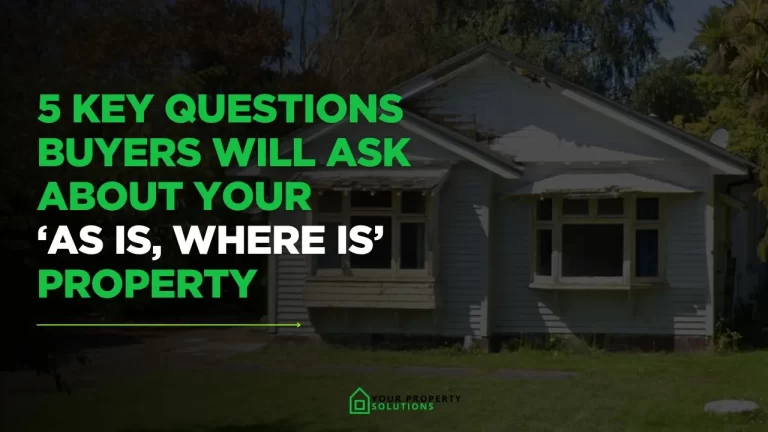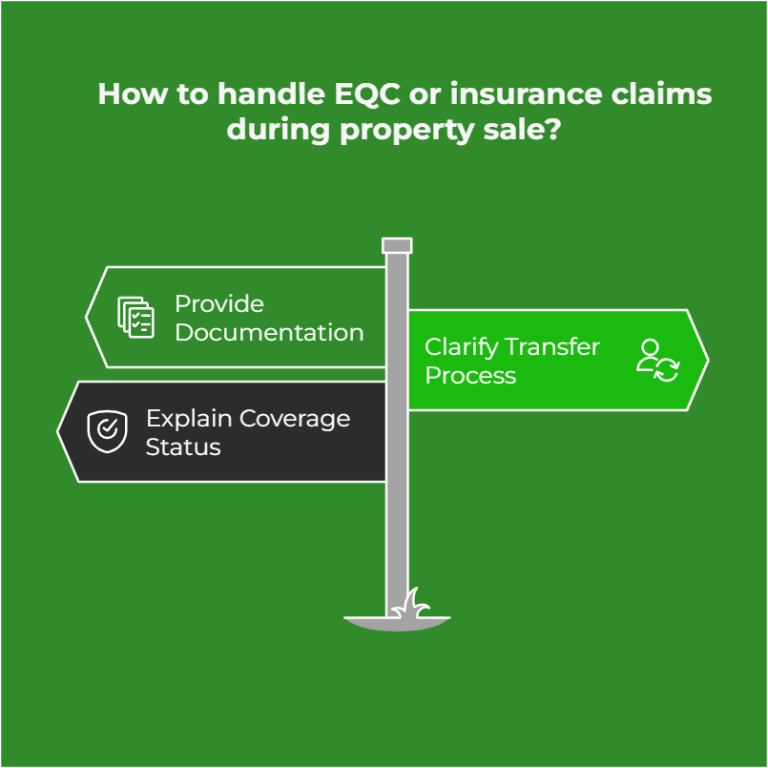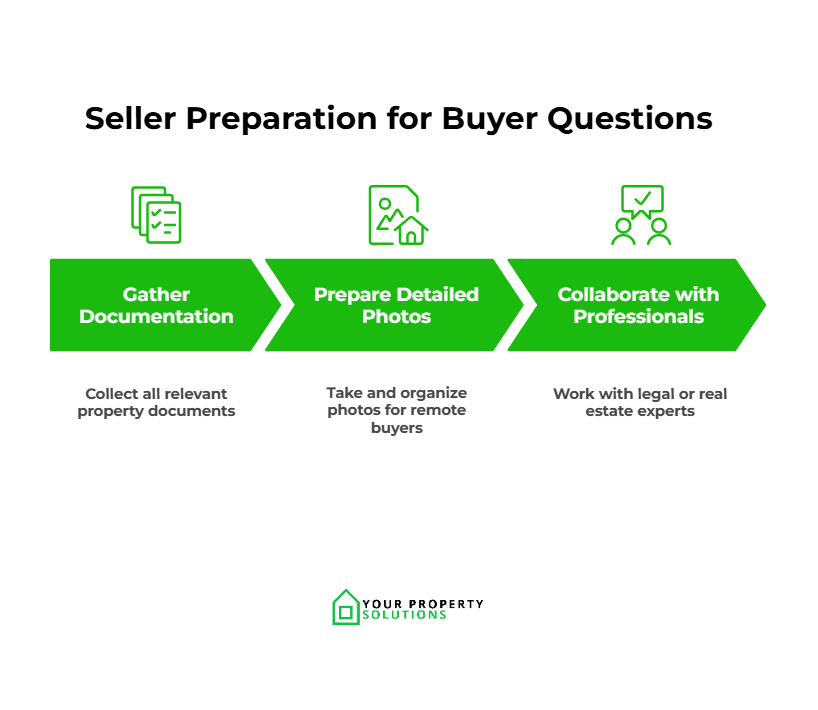
When selling an ‘As Is, Where Is’ property, it’s important to anticipate and address the unique concerns buyers will have. Buyers are naturally cautious and will have specific questions about the risks and rewards of purchasing a property in its current condition. As a seller, being prepared to answer these questions confidently and transparently can make all the difference in closing a deal. Here are the five key questions buyers are likely to ask and how you can prepare for them.
One of the first things buyers want to know is the extent of any damage or issues with the property. Whether it’s structural damage, weather-related wear and tear, or unresolved maintenance problems, honesty is critical.
What you can do:
Buyers will want to understand if there are any unresolved Earthquake Commission (EQC) or private insurance claims associated with the property. This is especially relevant for properties in earthquake-affected regions like Canterbury.
What you can do:

Buyers will be curious about the property’s repair history. Have any issues been addressed? If so, were the repairs professionally completed?
What you can do:
This question often stems from a buyer’s concern about hidden problems. They’ll want to know why you’ve chosen this sales approach.
What you can do:
Buyers will assess whether the property is financially viable for them. They’ll want to understand
potential maintenance costs, land use restrictions, or other risks.
What you can do:

Preparation is key to building trust with potential buyers. Here’s how you can get ready:
Selling an ‘As Is, Where Is’ property requires a transparent and proactive approach. By addressing buyers’ concerns head-on and providing the information they need, you can set the stage for a smoother sale process. Remember, honesty and preparation are your best tools for building buyer confidence and securing the best outcome for your property. Take the time to get organized and
approach the sale with confidence—you’ve got this!
Until next time,
Billy & Slade 💚

